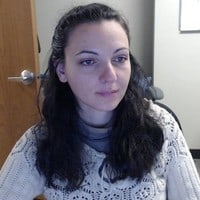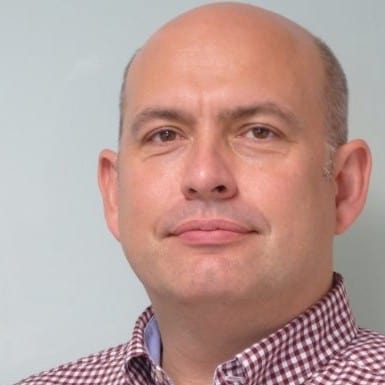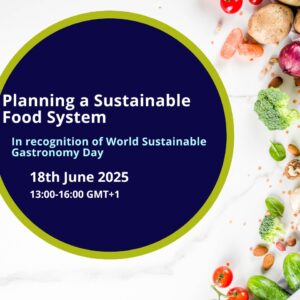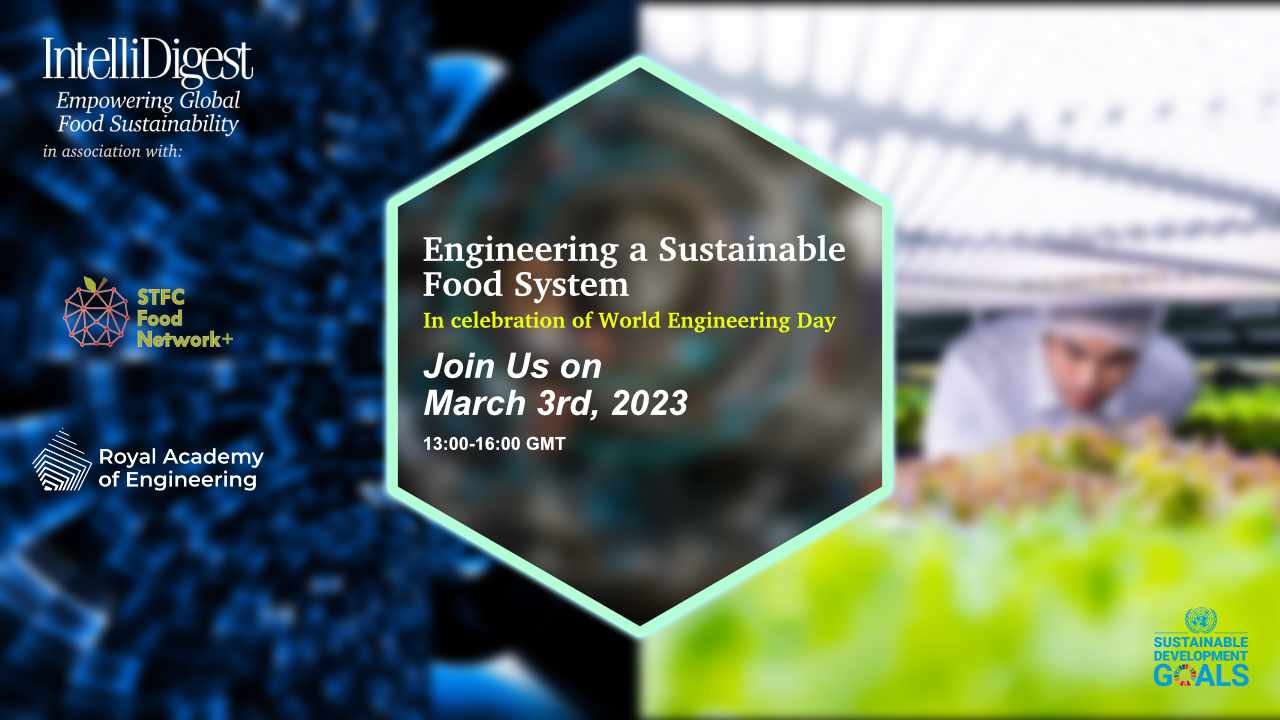
Engineering a Sustainable Food System 2023
Join us for a free webinar on March 3rd with the topic of Engineering a Sustainable Food System in celebration of World Engineering Day for Sustainable Development. WED is an opportunity to celebrate engineering and the contribution of the world’s engineers for a better, sustainable world. Through the ingenuity of engineers, the solutions for the 21st Century challenges are made possible.
The webinar will showcase new innovations that are in the pipeline or already being applied across the food system from farm to fork. It will highlight the application of advances in engineering in the area of artificial intelligence, satellite data, satellite network, quantum computing and IoT are crucial for delivering a sustainable food system that involves regenerative farming, mixed farming, crop rotation, etc.
This webinar will also address a range of topics on how engineering is used to address the challenge of food loss & waste, increasing crop yields, improving land & water management, utilising degraded land for farming, extending the shelf life of agrifood produce, remanufacturing of Agrifood technologies, evolving sustainable food supply chains and improving consumers relationship towards food through increased awareness on nutritional value of food and health impacts.
Agenda:
13:00-13:05 Welcome and opening remarks
13:05-14:15 First panel session
13:05-13:20 – Alistair Williams
13:20-13:35 – Mukani Moyo
13:35-13:50 – Sonal Choudhary
13:50-14:15 Panel discussion and Q&A
14:15-14:35 AgriFood TechPreneur Highlight
14:35-14:45 Break
14:45-15:55 Second panel session
14:45-15:00 – Melina Zempila
15:00-15:20 – Oluyinka Opoola
15:20-15:35 – Suzanne Tate
15:35-15:55 Panel discussion and Q&A
15:55-16:00 Closing Remarks
The webinar will be streamed to YouTube and Linkedin. Register below to get access to the links.
Facilitators
-
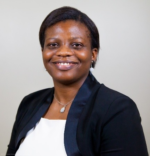 Dr Ifeyinwa KanuDirector, IntelliDigest and AFN Network+ Champion on Bioeconomy
Dr Ifeyinwa KanuDirector, IntelliDigest and AFN Network+ Champion on BioeconomyShe holds a PhD in Environmental Engineering with research interest in the use of Artificial Intelligence to optimise Anaerobic Processes.
Dr Kanu loves nature and she is passionate about engineering solutions to address environmental and societal challenges. She is leading IntelliDigest on a mission to empower global food sustainability, eliminate food waste and zero hunger.
Dr Kanu is an Enterprise Fellow of Royal Academy of Engineering and Royal Society of Edinburgh. She is a fellow of the Royal Society of Arts and an Associate Fellow of UK Higher Education.
Dr Kanu is a Champion of the STFC Food Network.
-
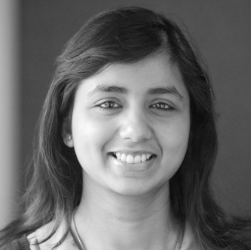 Prof Sonal ChoudharyProfessor of Sustainable Management, York University and Principal Investigator at Science Technology Facility Council Food Network+
Prof Sonal ChoudharyProfessor of Sustainable Management, York University and Principal Investigator at Science Technology Facility Council Food Network+ -
 Oluyinka OpoolaResearch Fellow at the Centre for Tropical Livestock Genetics and Health (CTLGH), University of Edinburgh
Oluyinka OpoolaResearch Fellow at the Centre for Tropical Livestock Genetics and Health (CTLGH), University of EdinburghOluyinka is an experienced Veterinary Surgeon and Geneticist with a demonstrated history of working in the research industry. She is skilled in veterinary medicine, animal modelling, animal breeding, livestock genetics, bioinformatics, molecular biology, parasitology, epidemiology, and statistical data analysis. She is also a strong community and social services professional with a Doctor of Philosophy (PhD) focused in Quantitative Genetics and Genomics from The University of Edinburgh.
She has a keen interest in improving animal health, welfare, breeding, genetics and husbandry. As a Vet who has grown up and trained in Africa, she is aware of the need to enhance animal productivity and food security in Africa and to make it more sustainable.
-
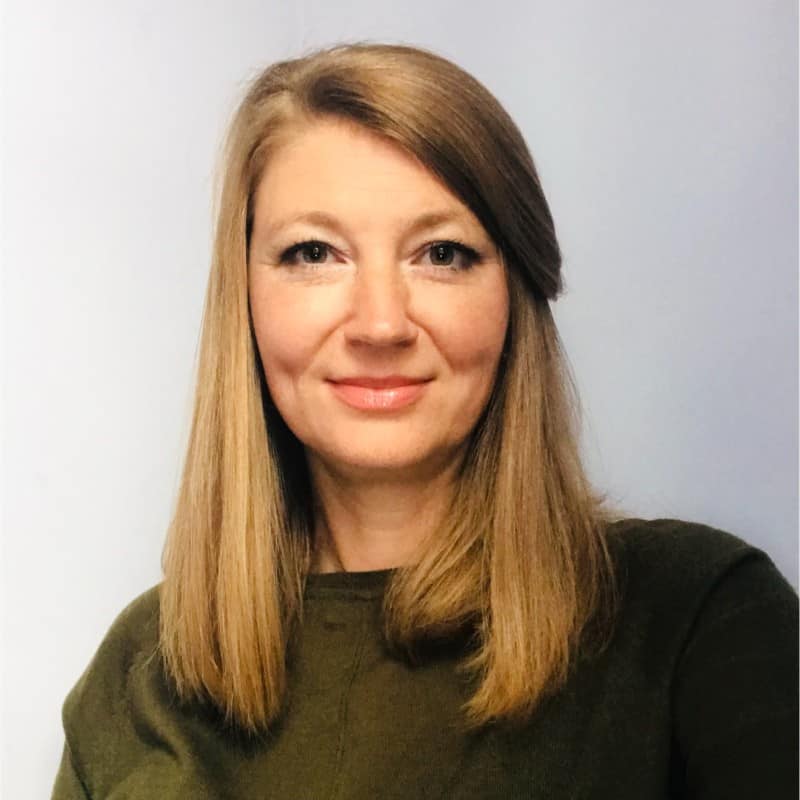 Suzanne TateChief Design Officer of Smart Oasis Farm UK and a co-founder of an architectural and design studio in London
Suzanne TateChief Design Officer of Smart Oasis Farm UK and a co-founder of an architectural and design studio in LondonSuzanne Tate is a Chief Design Officer of Smart Oasis Farm UK and a co-founder of an architectural and design studio in London.
She leads Smart Oasis rural & urban integration.
Her mission is to increase potential for people to live better and restore relationships between humans, nature and place.
She truly believes that our surroundings affect our state of mind and that it is our responsibility to create resilient and nurturing communities with biodiversity, inclusion, sustainability and flexibility built in.



